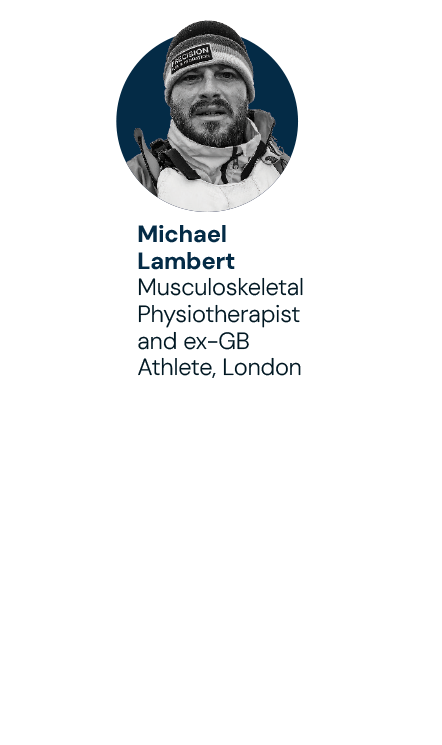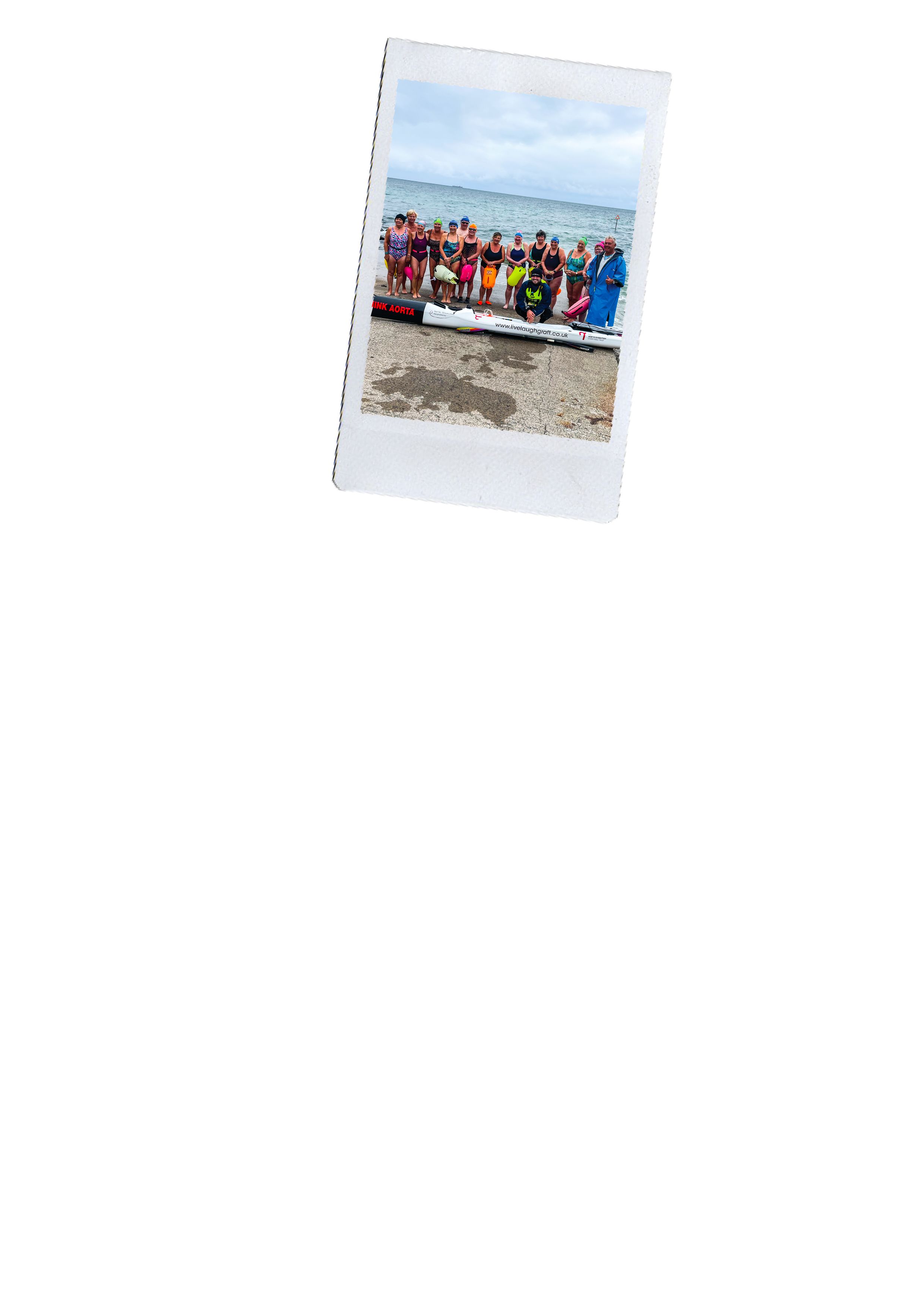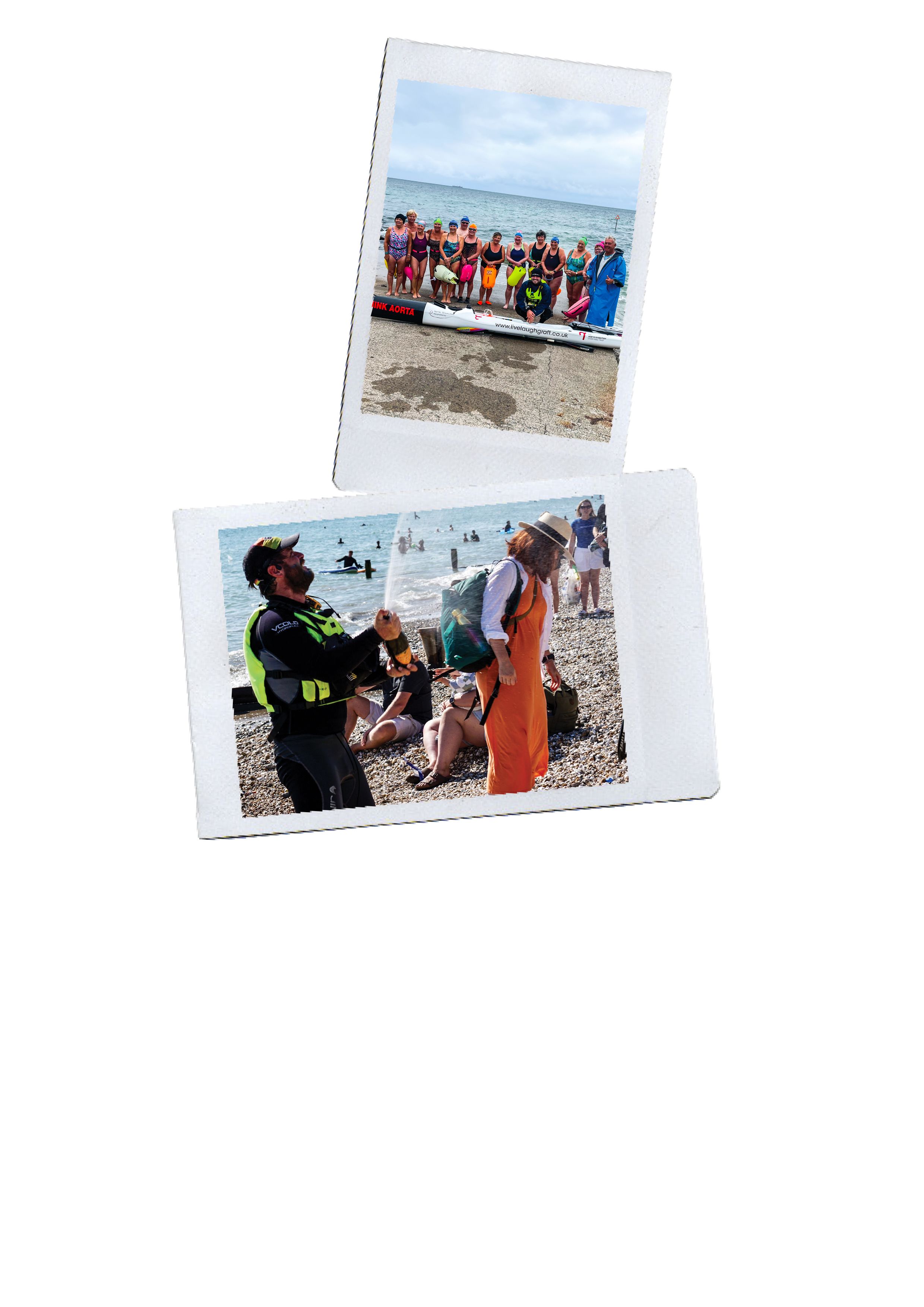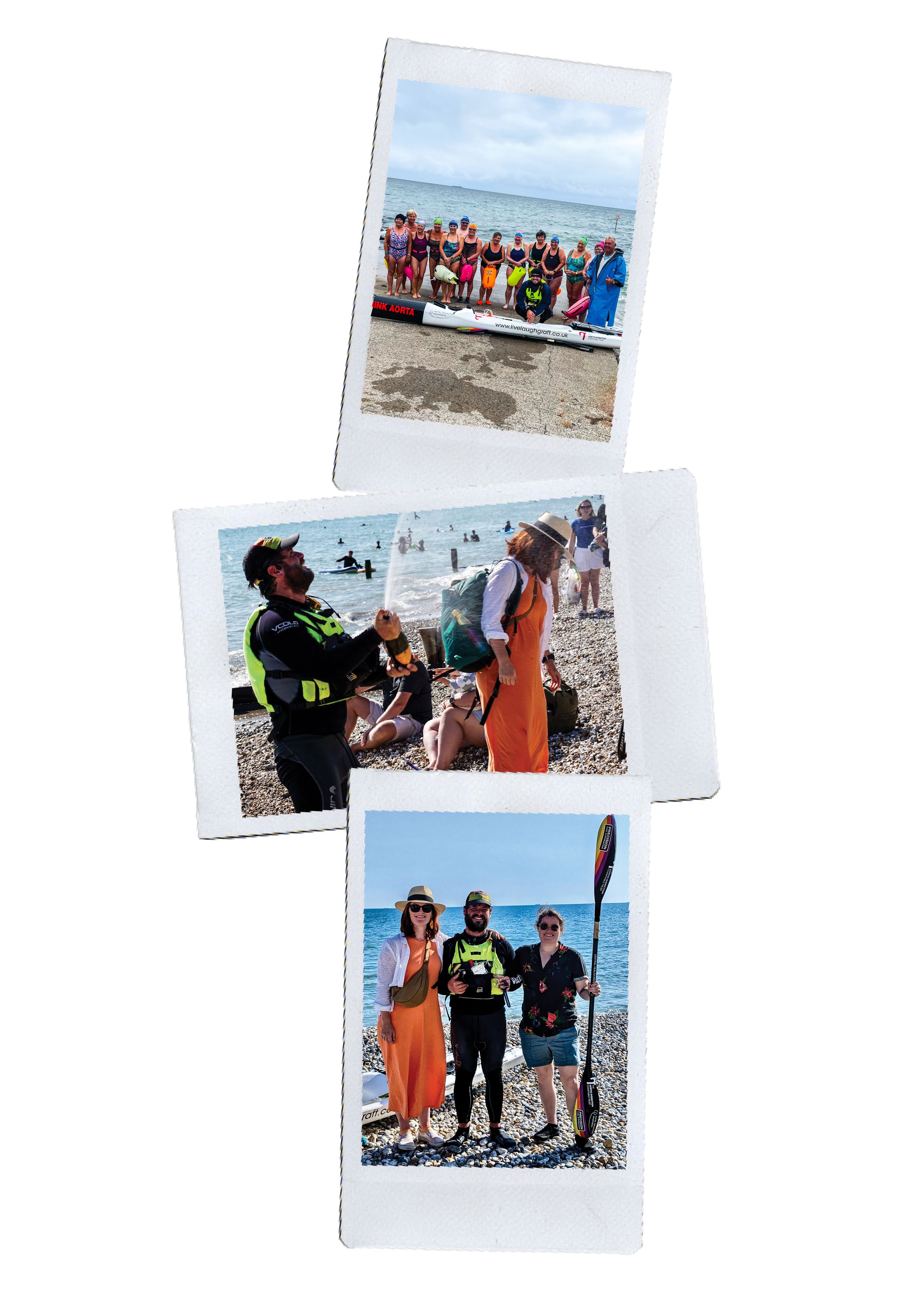I needed to look after myself - so I kayaked around the UK
Undertaking a near-impossible endurance challenge can be its own form of mindfulness, writes Michael Lambert
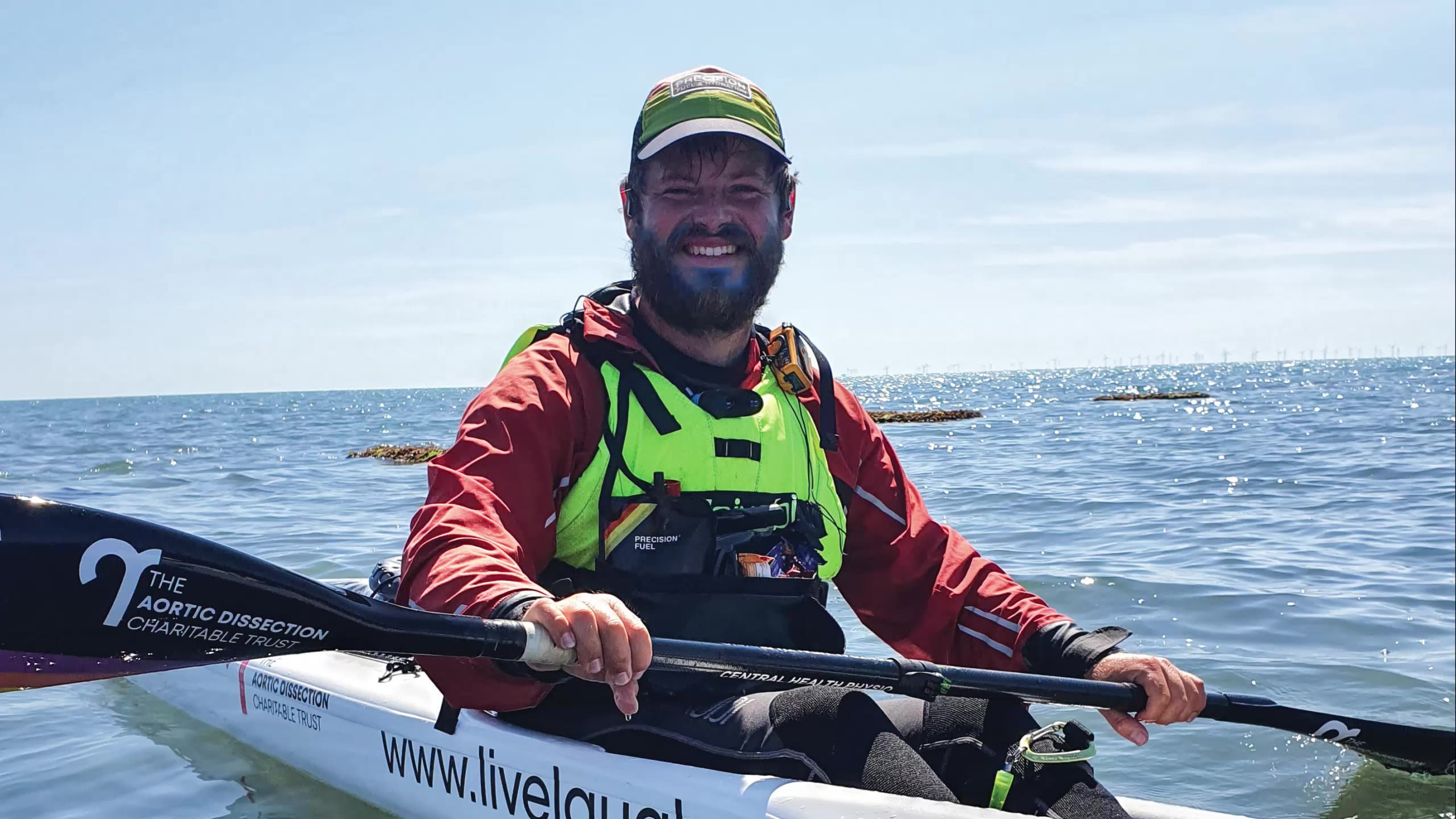
Self-care is complicated. What does it look like? A spa weekend, declining a dinner invite? For me, it was spending 58 days kayaking solo around the UK mainland.
Before you get caught up in the romance of two months off work, dinners on the beach and exploring the UK coastline, this was a record attempt. In reality, up until August, this was the wettest, windiest and coldest summer in 25 years. Not the year for setting records, camping on beaches or enjoying myself at sea.
So why did I do this? The winter of 2022 was the hardest of my life. My mother collapsed suddenly at the gym with an aortic dissection. As with many that suffer this serious but survivable condition, the diagnosis was delayed and, ultimately, she died. Afterwards, my relationship of five years came to its end the week before Mum’s funeral, while I also missed the burial of my Grandpa due to my mother’s death. When it rains it pours and, at the time, I felt like I was in a barrel going over Niagara Falls.
Life was bleak; it was almost like I had forgotten how to be happy or positive. Thankfully, with the support of friends, family and therapy, I started to try to work it out but, on my way, I reached a therapeutic plateau. So against all advice, but inspired by Ross Edgley’s book The Art of Resilience, I committed myself to 16 months of training to break the record of kayaking around the UK. This was the hardest thing I could comprehend doing to honour Mum and to raise awareness around aortic dissection.
There was no easy way to train for this. I would need to tolerate huge mileage, massive discomfort and inevitable setbacks. So I set out to explore my physical and psychological limits. Before the fundraiser, sea kayaking had put me in hospital three times, one of which I was lucky to survive. That event still exists vividly in my mind. To avoid panic attacks, I practised mindfulness on the sea in unfavourable conditions. Increasing the mileage around full-time work was also difficult, so I began commuting to work by kayak (48km total, plus 4km of carrying the kayak down Chelsea Embankment, often against the tide and once at a temperature of -50C). You may be thinking I am masochistic but, I can assure you, this was no fun.
But don’t let me put you off this version of self-care – this training was an investment in my future self. If I wanted to honour Mum and raise awareness of aortic dissection then I would need wisdom, strength and courage. I had to remind myself that virtues come after the tasks, so I needed to make mistakes (my specialty), train hard and face my fears. These tasks were the highest form of self-care because there would be little compassion in putting myself in a position I was ill-equipped for.
That said, I was unable to prepare for everything, particularly with my time and resources. There were days when I took a leap of faith. One of them was crossing the Severn Estuary. The only advice I’d had was “don’t die” and “don’t let the tide drag you out into the Atlantic”. Not quite the confidence boost you need when you are facing a 110km journey by kayak into northerly headwinds, with bleeding armpits, hands and hips. At this stage, I was ignorant of other factors that would further compromise my safety.
It was past 10pm, the sun had set and, after 13 exhausting hours of kayaking, I was finally skirting up the west coast of Wales, 20km from my landing site and 2km offshore. That’s when I heard automatic weapon fire and saw smoke rising from what I now know is the Castlemartin firing range. When firing ranges are ‘live’, you need to be 8km offshore to avoid being hit by stray bullets or artillery fire. This was a whopping mistake on my part, which was further compounded by the diminishing daylight and the absence of my navigation light (I was hoping to make land in the daytime so did not turn it on).
This was just one day’s worth of mistakes. The fantastic thing about making a glut of errors is that you get efficient in dealing with them (that is, unless the error your make results in your getting shot). However, I endured much pain before I developed any efficiency as I learned to recognise it, learn from it and move on from it. With every mistake I made, I took the lessons forward, but was careful to leave the suffering and personal criticism (my own) behind. I needed to detach my value from my errors to be able to get back on the water the next morning and do it all again for 58 days.
Thankfully, not everything was survival and screw-ups. Despite minimal luck on the water, I had a guardian angel on land. I experienced the best of UK and Irish hospitality. I was taken in, fed, washed and sent on my way again. I met so many people from a variety of backgrounds and all with one thing in common: a generosity and willingness to take me in. The fundraiser provided an opportunity for people to support me, while also delivering a perspective for me to deeply appreciate what I was receiving.
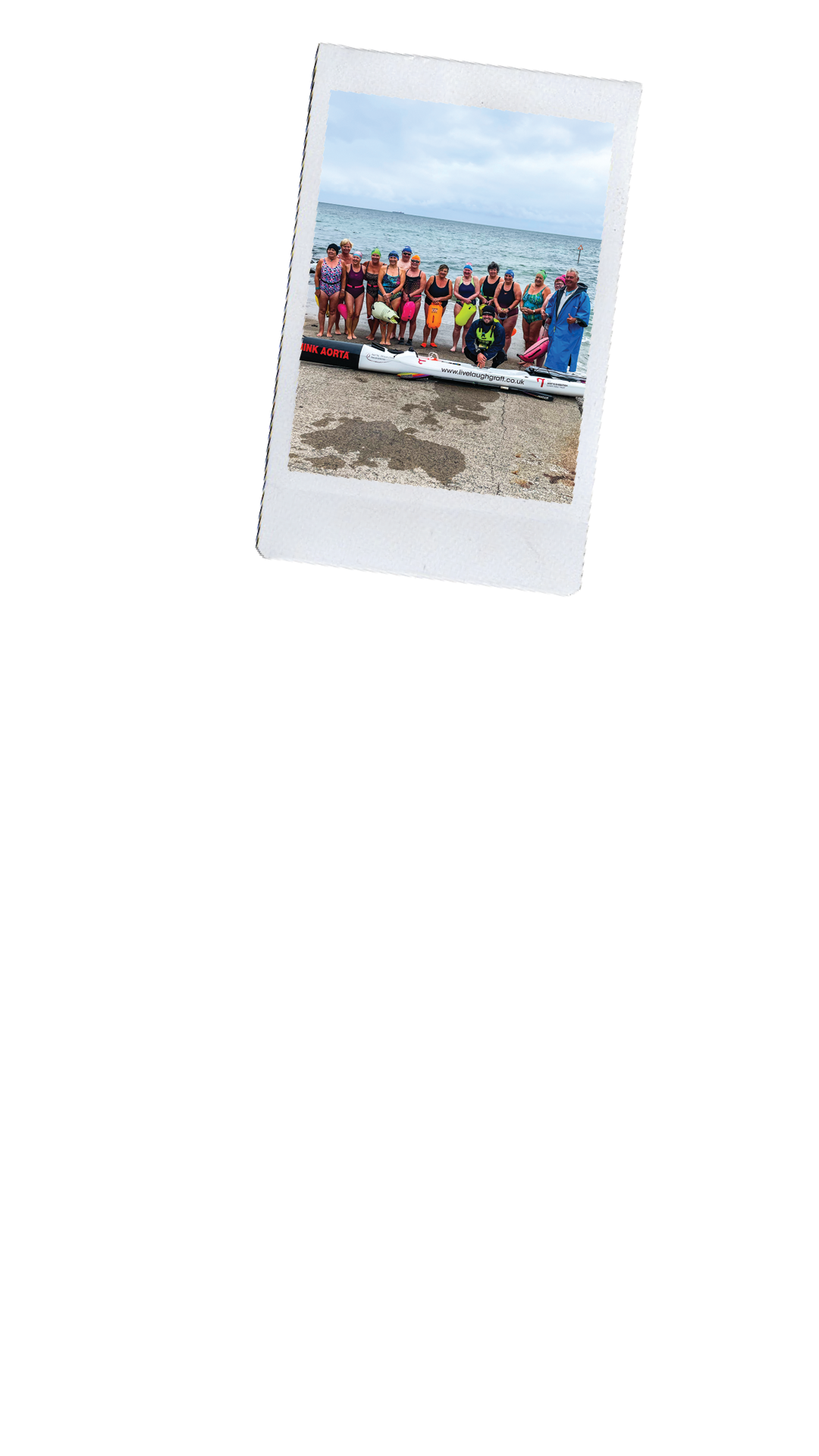
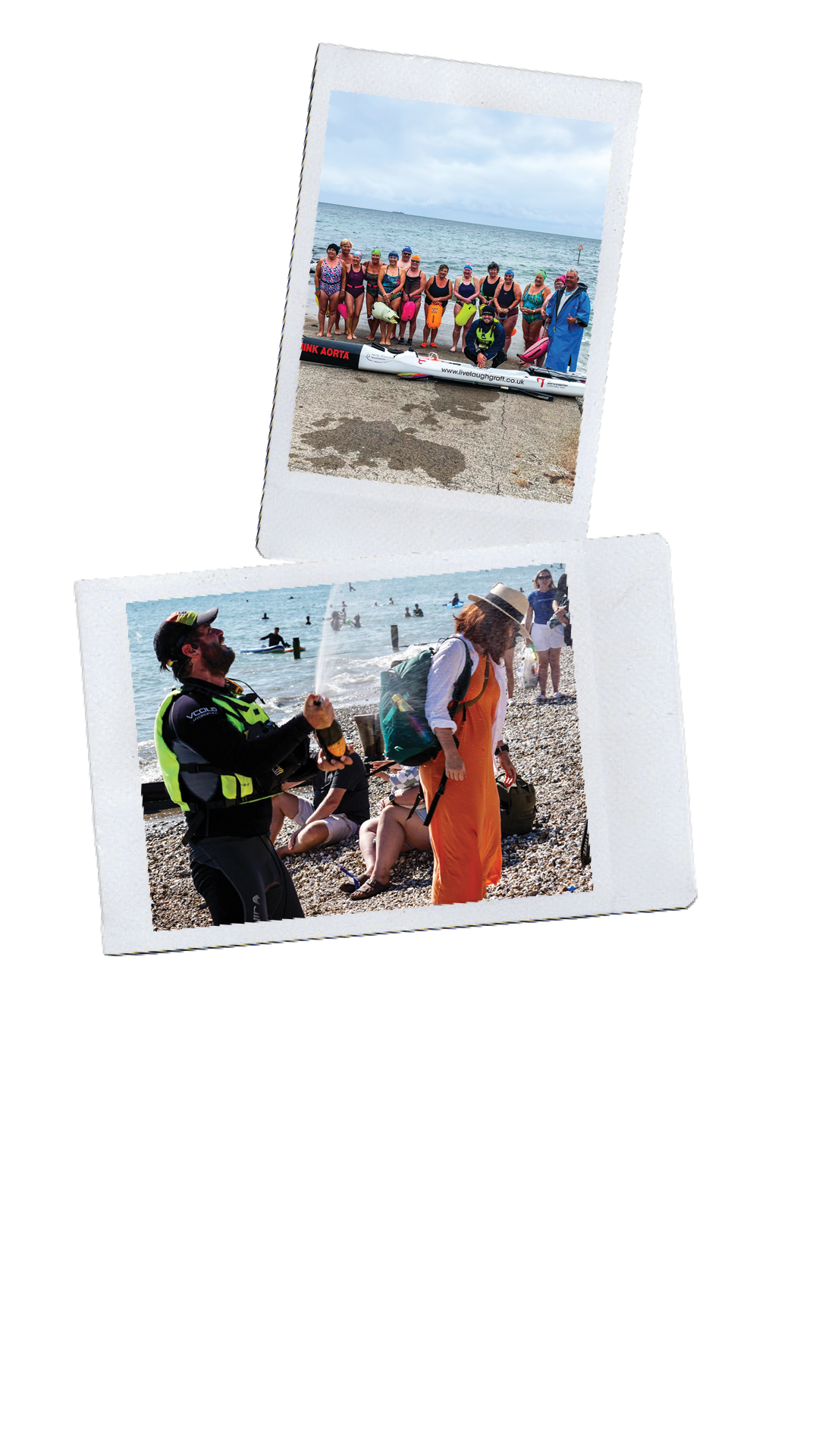
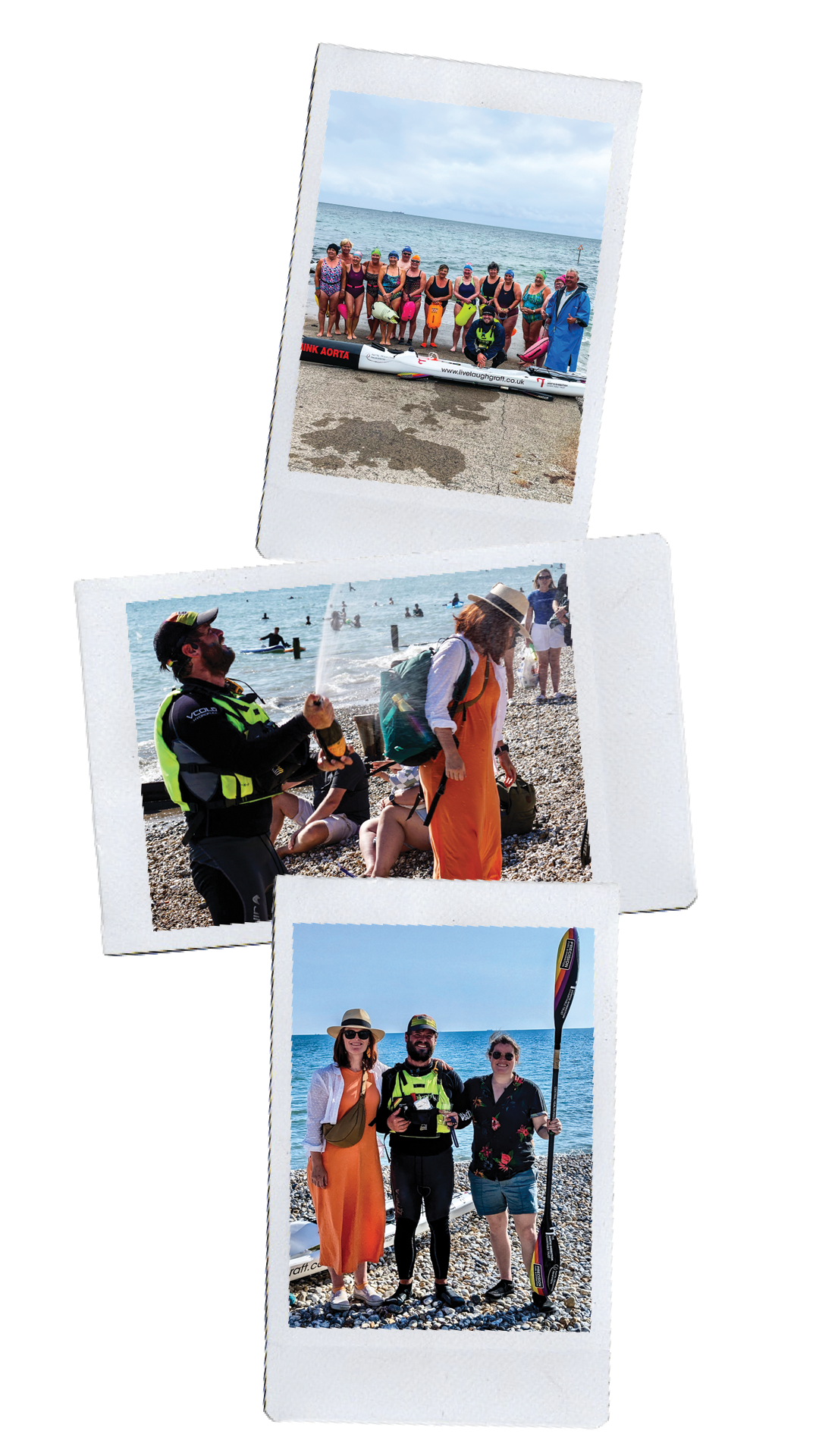
That said, I was unable to prepare for everything, particularly with my time and resources. There were days when I took a leap of faith. One of them was crossing the Severn Estuary. The only advice I’d had was “don’t die” and “don’t let the tide drag you out into the Atlantic”. Not quite the confidence boost you need when you are facing a 110km journey by kayak into northerly headwinds, with bleeding armpits, hands and hips. At this stage, I was ignorant of other factors that would further compromise my safety.
It was past 10pm, the sun had set and, after 13 exhausting hours of kayaking, I was finally skirting up the west coast of Wales, 20km from my landing site and 2km offshore. That’s when I heard automatic weapon fire and saw smoke rising from what I now know is the Castlemartin firing range. When firing ranges are ‘live’, you need to be 8km offshore to avoid being hit by stray bullets or artillery fire. This was a whopping mistake on my part, which was further compounded by the diminishing daylight and the absence of my navigation light (I was hoping to make land in the daytime so did not turn it on).
This was just one day’s worth of mistakes. The fantastic thing about making a glut of errors is that you get efficient in dealing with them (that is, unless the error your make results in your getting shot). However, I endured much pain before I developed any efficiency as I learned to recognise it, learn from it and move on from it. With every mistake I made, I took the lessons forward, but was careful to leave the suffering and personal criticism (my own) behind. I needed to detach my value from my errors to be able to get back on the water the next morning and do it all again for 58 days.
Thankfully, not everything was survival and screw-ups. Despite minimal luck on the water, I had a guardian angel on land. I experienced the best of UK and Irish hospitality. I was taken in, fed, washed and sent on my way again. I met so many people from a variety of backgrounds and all with one thing in common: a generosity and willingness to take me in. The fundraiser provided an opportunity for people to support me, while also delivering a perspective for me to deeply appreciate what I was receiving.
The physicality and psychologically demanding nature of my version of self-care got me through the toughest time of my life. I experienced so much love and support, while developing skills – learned from hard lessons – that apply to all aspects of my life. I genuinely have no idea how I would have coped with my grief, heartbreak and financial uncertainty had I not committed myself to this.
If there is one thing I would like you to take away from my experience, it’s to commit yourself to conventional self-care but not be afraid to throw yourself in at the deep end. It will be hard, pain is certain but, along the way, you may discover that suffering is optional
Visit Lambert’s website at www.livelaughgraft.co.uk.
Read more


